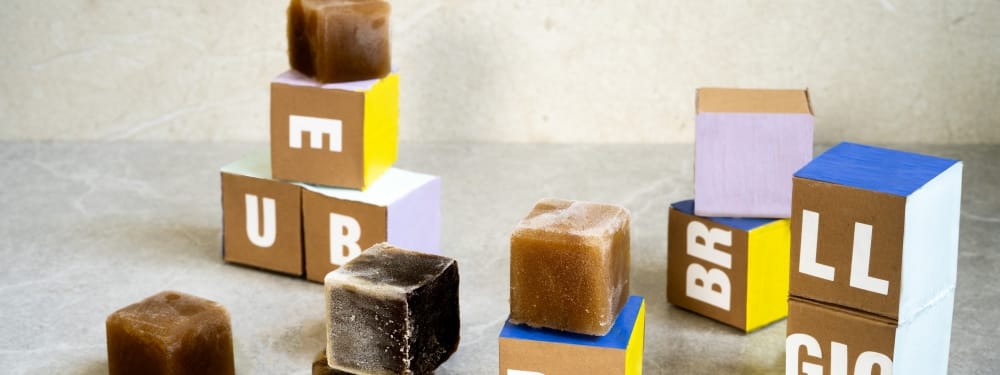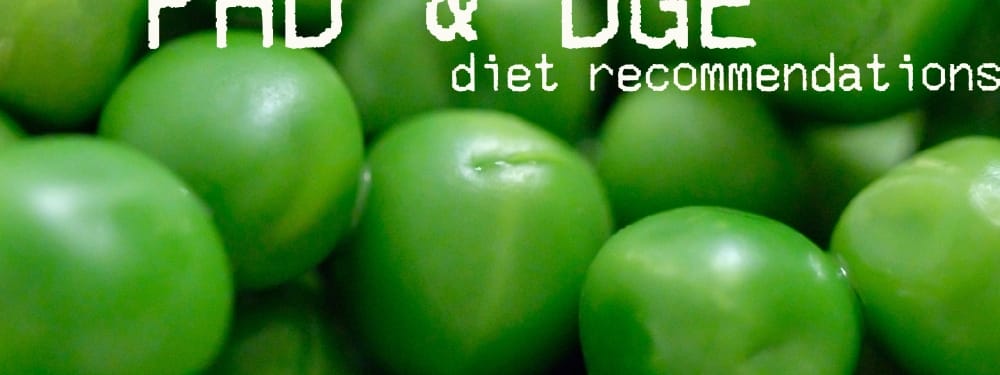About the fight against tradition
“What we’re doing is absolutely crazy,” says Philipp Neveling from Ebb & Flow Keg, a start-up that sells wine in barrels. Find out why this is not self-praise in the interview.
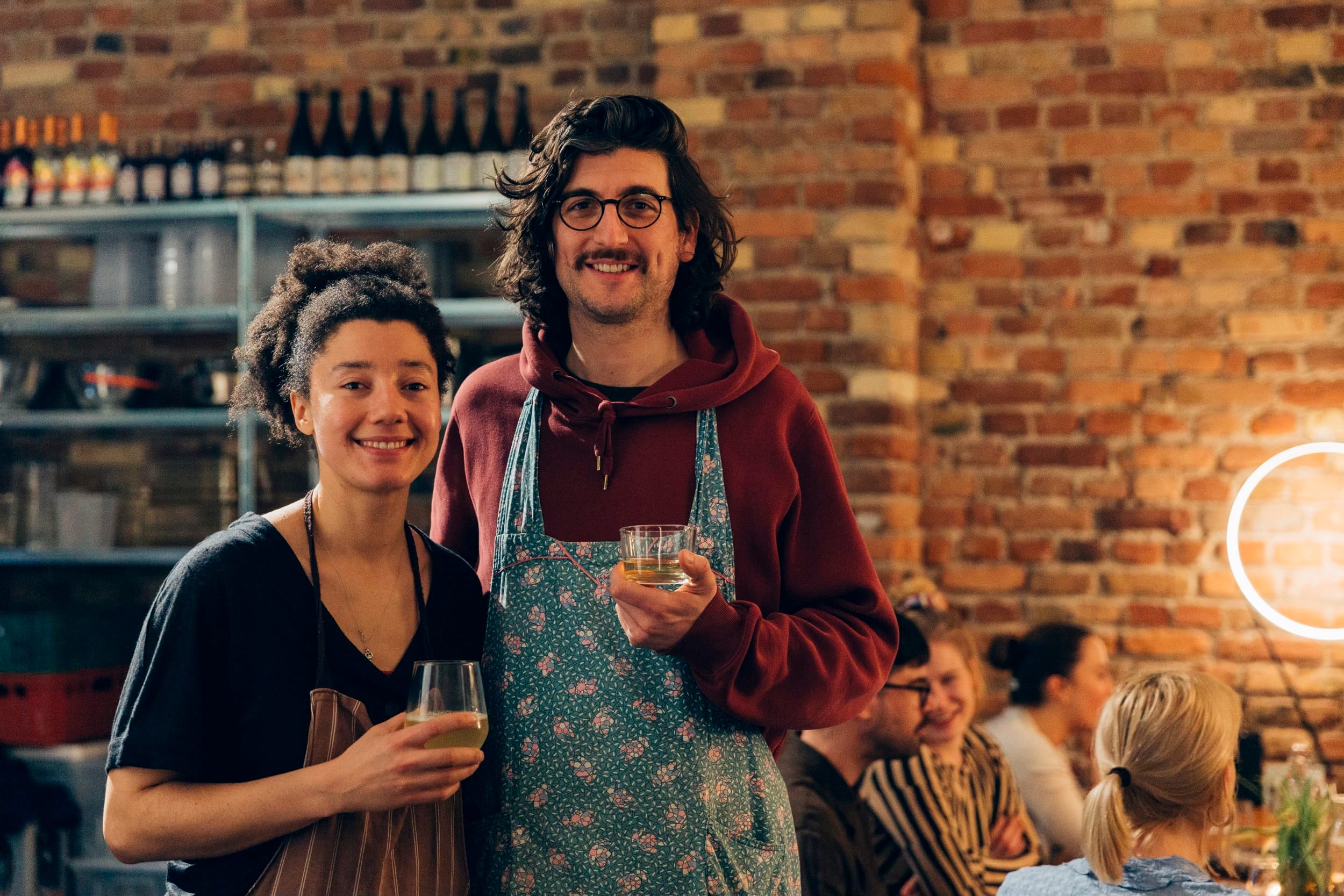
Can from the Food Lab talked to Philipp, one of the two founders, about tradition in the wine industry and how dissatisfaction with the wine industry led to a company – with an EU organic seal – for wines in barrels.
Can: As far as I know, you founded the company directly from your studies in Geisenheim [leading university for viticulture and oenology, editor’s note], right?
Philipp: Quasi. I had already been out for three years, Deandra [the co-founder, editor’s note] was about to graduate. She had already worked with Kegs at the Manhattan City Winery. Somehow I didn’t feel like doing the job I was doing at the time. And then we said, “Hey, let’s open a wine bar in Frankfurt where, just like in New York, everything is filled into reusable stainless steel barrels and tapped for the customers. It’s all local, and a bit zero-waste too.” Then came all the research, where we then realized: There are virtually no wines here in barrels. There is no infrastructure for this, i.e. people who fill wines into kegs. Who cleans the barrels anyway? So somehow there wasn’t really a connecting point and that’s why we thought that in future it would certainly not only be interesting for us, but also for many other restaurateurs and caterers. And then we really got started with the idea of Ebb & Flow Keg.
Tradition doesn’t just fall from the sky
And (how) has the market changed since then?
Well, changed…the industry has perhaps evolved. I think we have contributed to this to a certain extent, we have already been written about in some wine magazines and we have already received a lot of feedback, including from some of the biggest wine players in Germany with huge bottling plants. They came to us, talked to us and were simply interested in the topic. They were also always very, very interesting conversations.
But that’s also why we founded the company, because we were unhappy with the way the wine industry in Germany was and still is. It’s all very classic, very traditional. We couldn’t really place ourselves in it and we just weren’t really happy with how it all went. Tradition is a beautiful thing, but tradition must be cultivated and must not be allowed to rest. And tradition can also be developed, it doesn’t just fall from the sky.
Would you say that the industry is more open to the idea of wine in kegs today than it was 5 years ago?
These are thick boards that you have to drill. But I do think that there has been a certain opening for this, yes. The conversations I just mentioned have perhaps helped people to talk a little more about packaging in general.
Are there wines that are better or worse for your kegs, or can I put any wine in a keg like this?
You can fill any wine, whether it’s something sparkling like a Secco, a wine spritzer, a natural wine or a normal white wine/rose/red wine into our barrels, and we have already stocked everything.
There is no difference in sensory or analytical terms
OK, that means that if I’m an old-school wine merchant who says, “I need all this in my bottles and it tastes better somehow”, then you’re basically saying, “Nah, it’s the same 1 to 1 whether it’s stored in a keg or in a bottle”?
Exactly. A bachelor thesis was even written about this at the Hochschule Geisenheim University, where someone compared the storage in kegs over a period of about 2 months and then compared it again and again with a bottle. And there was no sensory difference at all. Both sensory and analytical.
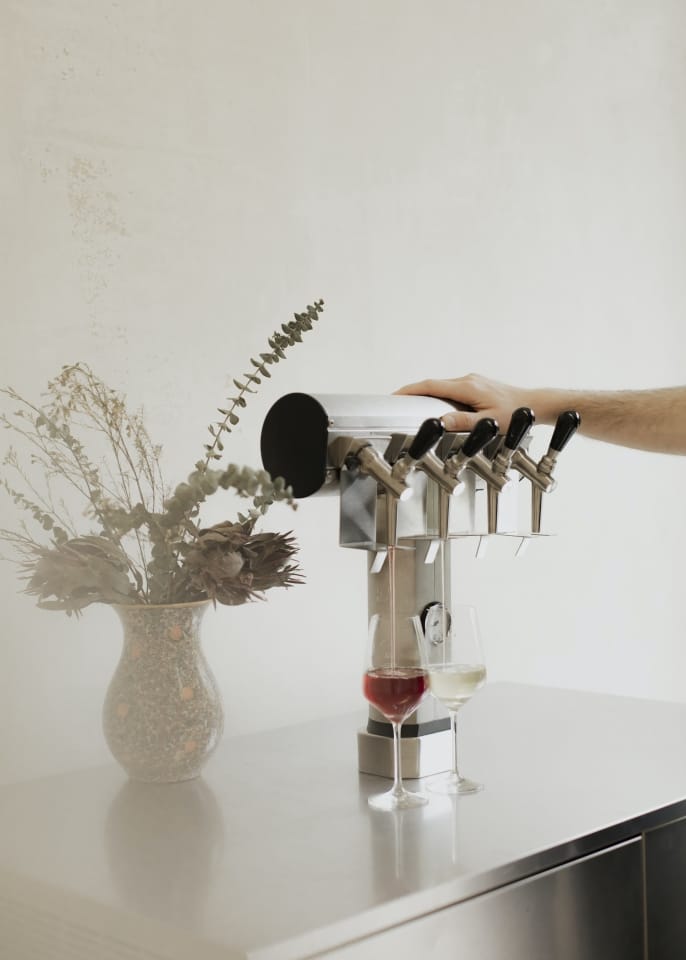
You founded the company with sustainability in mind, but are there any other advantages of wine in kegs – apart from sustainability?
Very good question and an important one. At the time, we thought very naively that so many people were doing it because of sustainability. Of course, most people are not interested in this.
There are several advantages. In general, dispensing is much faster, much cleaner, it takes up much less space, so only what you have a storage saving of 50% compared to 0.75 liter glass bottles. And then you have optimum cooling temperatures, the wine always comes out cool. This is particularly important in larger restaurants and is more difficult with glasses. And thirdly, the opened wine stays fresh for longer. For example, if I were to open a bottle of Secco on a Saturday, then of course there would be no carbon dioxide left on Wednesday. That’s not the case, because with our Secco you could tap perfectly again straight away.
The younger generation drinks much less than before
But you as a company don’t manufacture anything, right? So you haven’t invented any technology, no patent on anything?
Right. We actually have a lot in common. We have virtually reinvented our space. We didn’t develop the kegs or a specific dispensing technology, we are “just” the ones who want to combine all of this and offer existing things that are already on the market in a sustainable way.
How big would you say your market is?
We know that around 15 to 20% of the wines sold in Germany are sold in the restaurant trade. So that’s the most interesting thing for us, that’s the entry-level market, that’s 15 to 20%.
How is the consumption of wine developing in Germany?
Generally rather stable to minimally rising. And everything else, i.e. beer consumption etc., has been going down for decades. Alcohol consumption in general, even if you look at the younger generations, statistically they drink much less than they used to.
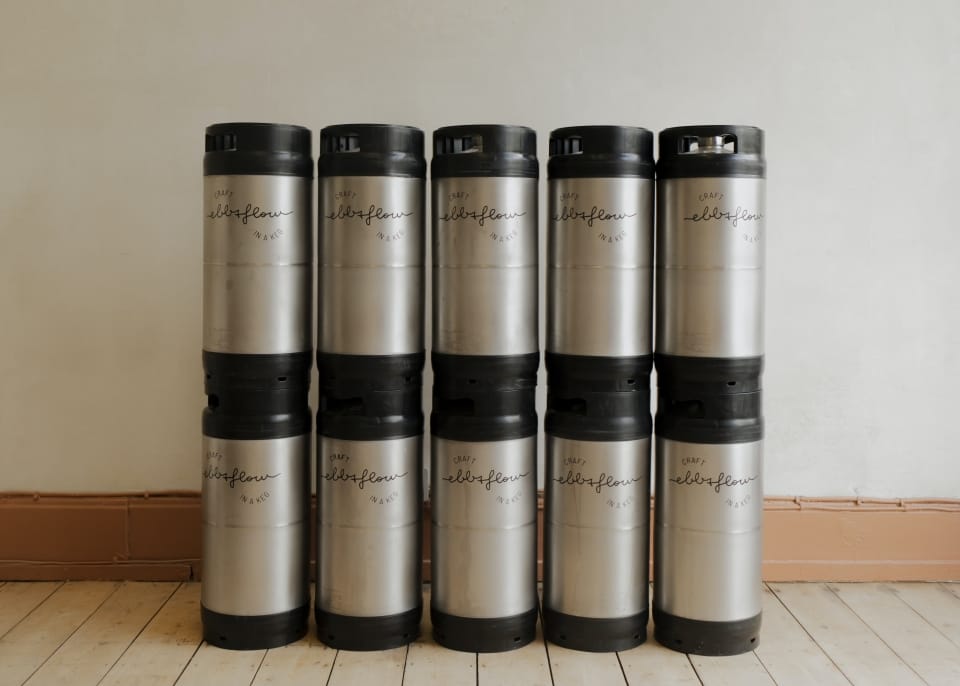
And how do you deal with the topic of non-alcoholic wines?
At the moment we are not yet so convinced by non-alcoholic wine. The topic is definitely important for us – it’s not the cash cow right now – but we always try to see what works.
Is there any challenge in your last 5 years that has taken you so completely by surprise?
*laughs* We weren’t prepared for so many things. I hate the word, but it’s a bit of a classic entrepreneurial term. Sometimes you just have to wear your big pants and put a bit of pressure on, otherwise nothing will happen.
That perhaps didn’t surprise us that much, but if the state were to simply decide what happens to wine bottles, for example, that’s understandable to a certain extent, but we also have to create alternatives somehow. Be it a commitment to a certain proportion of reusable packaging, e.g. 10% of the wines you sell have to be reusable in some way. It starts at EU level, i.e. in Spain, France and Italy, the largest producing countries, which are already forming a front against it. There is little will to change anything about the status quo.
What about recycling and deposits?
Yes, that’s the blatant madness of it all. A bottle of wine needs an incredible amount of CO². You need an incredible amount of materials. Suppose the wine is bottled in January, then it is on sale in mid-February, then someone buys it and at the end of February the bottle is thrown away again. So it has a cycle of 4/5 months from production to waste. It’s just crazy, absolutely crazy, what we’re actually doing!
We are looking forward to the further development of Ebb & Flow Keg and thank you for the interview.
